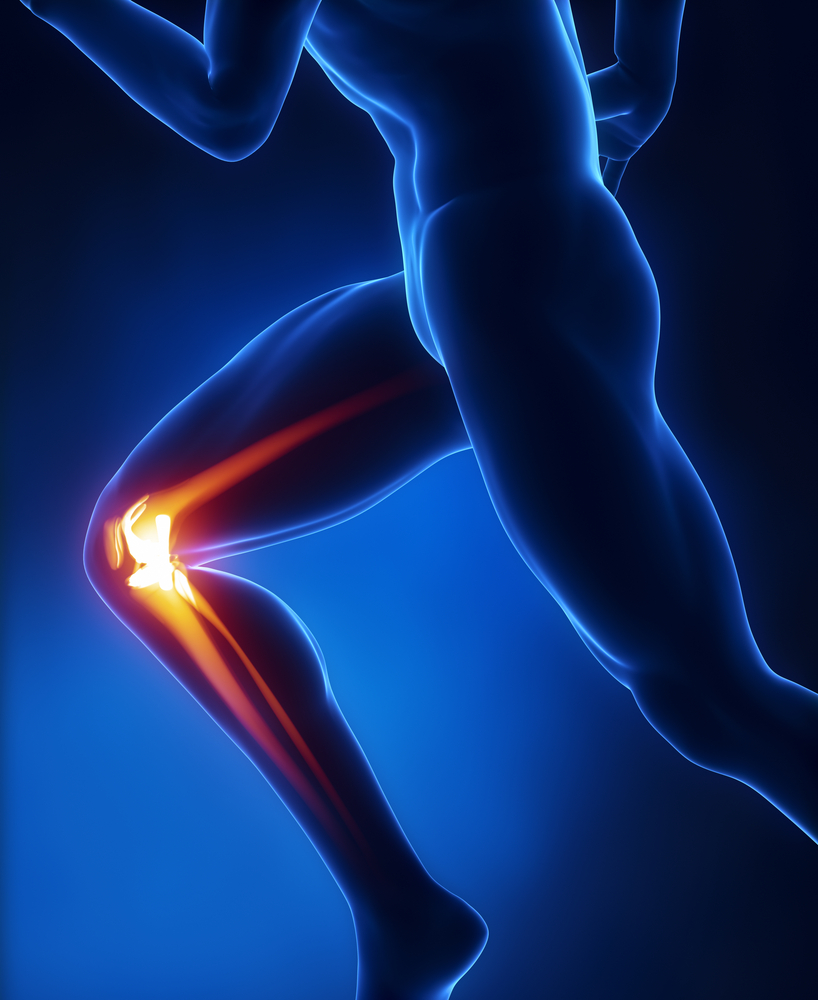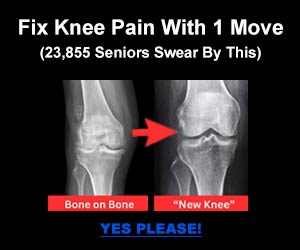Inflammation is swelling that occurs as the body’s self-protection mechanism tries to remove harmful stimuli such as damaged cells or irritants. The body’s approximately 230 joints are particularly susceptible toinflammation.
And when joint inflammation occurs, it inhibits mobility and causes pain. In some cases joint inflammation can result in severe pain that can last for days, weeks or longer, sometimes becoming a chronic condition that lasts a lifetime. In either case, joint inflammation can really inhibit or even bring to a halt weight and strength training.
In an effort to uncover the reasons why some people seem to be more susceptible to inflammation than others, researchers discovered a link between diet and occurrences of painful sudden or chronic joint inflammation. Their studies showed that people who at certain foods—or types of foods—had few instances of joint inflammation and when it did occur, these people recovered at a faster rate than others, who did not eat these foods.
Even more interesting is the fact that they discovered that people who at a different type of food—or types of foods—were more likely to be plagued by either sudden or chronic joint inflammation. Not surprisingly, it also took these individuals much more time to recover from joint inflammation than those who belonged to the other group.
And there’s good reason to be concerned about joint inflammation—particularly chronic inflammation—and it’s not just the painful joints, muscles, swelling and loss of mobility. In fact, chronic joint inflammation can increase your risk of developing serious and potentially deadly diseases and conditions including diabetes, heart disease, Alzheimer’s disease and certain types of cancer.
Other factors such as genetics, overall health, lifestyle, amount of sleep and more play a role as well, but nevertheless, chronic joint inflammation can be a significant contributing factor.
Because it is how our bodies obtain the nutrients they need to thrive and be healthy, diet can be linked to an increased likelihood of developing any of the conditions or diseases above. But diet isn’t the only common thread here—chronic joint inflammation can actually be viewed as a ‘precursor’ to these other conditions such as diabetes, heart disease and the others.
That does not necessarily mean that every person with chronic joint inflammation will develop these other illnesses or conditions, but it does increase the chances.
Unfortunately, outward symptoms of joint inflammation can take years and years to develop, meaning that many people are not even aware of the fact that their joints are inflamed until it becomes painful and inhibits mobility. Luckily though, measuring C-reactive protein (CRP) levels in the bloodstream can help tell you the degree to which you are on the path towards developing chronic joint inflammation.
Researchers have discovered a link between increased CRP levels in the bloodstream and systemic joint inflammation. Even more important, they now know that there is a correlation between diet and CRP levels.
People whose diets include healthy fats, complex carbohydrates, lean proteins and antioxidant-rich foods showed lower levels of CRP than persons with diets that mostly consist of highly processed foods, refined sugars, trans fats and simple carbs.

Here are the top ten foods to avoid, if you want to reduce the probability that you will develop systemic joint inflammation:
- Sugars—especially ones that are refined
- Processed foods
- French fries
- Fast foods
- White bread
- Pasta
- Ice Cream
- Cheddar cheeses
- Snack foods
- Oils that are high in unhealthy fats such as vegetable and corn
When I saw this list, the first thought that came to mind is that all of these are foods that most typical Americans eat if not daily, at least four to six times a week. It’s no secret that the typical American diet includes excessive unhealthy (saturated, trans) fats, enormous amounts of sugar, far too many simple carbs and a mind boggling quantity of highly processed foods. Given this, it is no surprise that obesity rates are through the roof and that some studies show that nearly one in five Americans suffers from painful joint inflammation.
A diet high in these foods not only increases CRP levels in the bloodstream—and therefore increasing the chances that you’ll wind up with systemic joint inflammation—but it all but guarantees obesity, which also contributes to joint inflammation. In reality, a diet high in the 10 foods above contributes to system joint inflammation on multiple fronts—not just by increasing CRP levels.
If you already have symptoms of systemic joint inflammation, you should certainly consult a medical professional to see if you have any other conditions (e.g., diabetes, etc.) or require additional treatment or medications. But regardless of whether you do or do not have any symptoms of systemic joint inflammation, eliminating these ten foods from your diet can place you well on the path towards living a life free from painful joint inflammation.


















































































